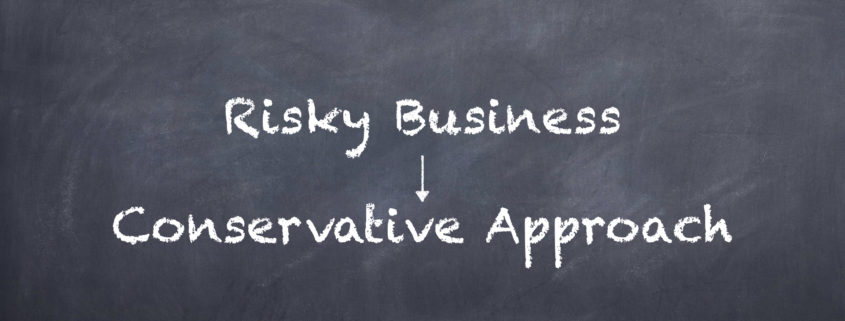Cause and Effect
Since we’re in the insurance-technology business, we tend to bristle a bit when we hear and read things about the insurance industry’s ostensible lagging behind some other industries in the adoption of technology. Granting the existence of such lagging, why do people assume it’s a symptom of technology aversion, as opposed to, say, good business sense?
“Well, if you look at retail, that industry uses technology for data acquisition, marketing, consumer targeting, customer acquisition, and increased sales. Retail even uses video surveillance and facial recognition to monitor customer behavior!” Point made. But …
How Do You Spell Risk?
Some people might put life, auto, and homeowner’s insurance on their shopping lists. But it’s not likely any large commercial risks or core administration systems will appear on those lists. By the same token, retailers surely have product-liability standards to uphold and commensurate liabilities to disclaim. But they don’t have to comply with stringent national and state-specific regulatory requirements to which insurers are beholden. And while retailers certainly have to manage risks to inventory and customer safety, those risks are of a completely different nature from the ones that define insurance.
In addition to having to take into consideration such things as behavioral trends, actuarial tables, risk profiles, geographic locations, and more, insurers have to protect policyholders’ privacy. Neither do they have the luxury of imposing retail mark-ups or selling policies at bargain basement rates, given the fact that, among the regulatory requirements they have to fulfill is mandatory reserves against claims not yet incurred.
Reality Check
“Well, insurance hasn’t changed much in the past 50 years.”Right again. In fact, it hasn’t changed much since Hammurabi invented it. But a peek below the rhetoric reveals there are reasons for that:
Stability and caution breed the trustworthiness that equates to longevity in the insurance industry. The expression, “Insurance is sold, not bought,” remains stubbornly true, regardless of the fact that most of us need it. And policyholders (understandably) demand more, requiring insurers to provide more, with attendant costs, from already thin margins.
So, yeah. Insurance lags behind some other industries in piling on the technology bandwagon. It’s true. But before we say that disparagingly, let’s understand why it’s true.
After all the benefits of good business sense get passed on to us in the premiums we pay and loss protection we get.





Leave a Reply
Want to join the discussion?Feel free to contribute!